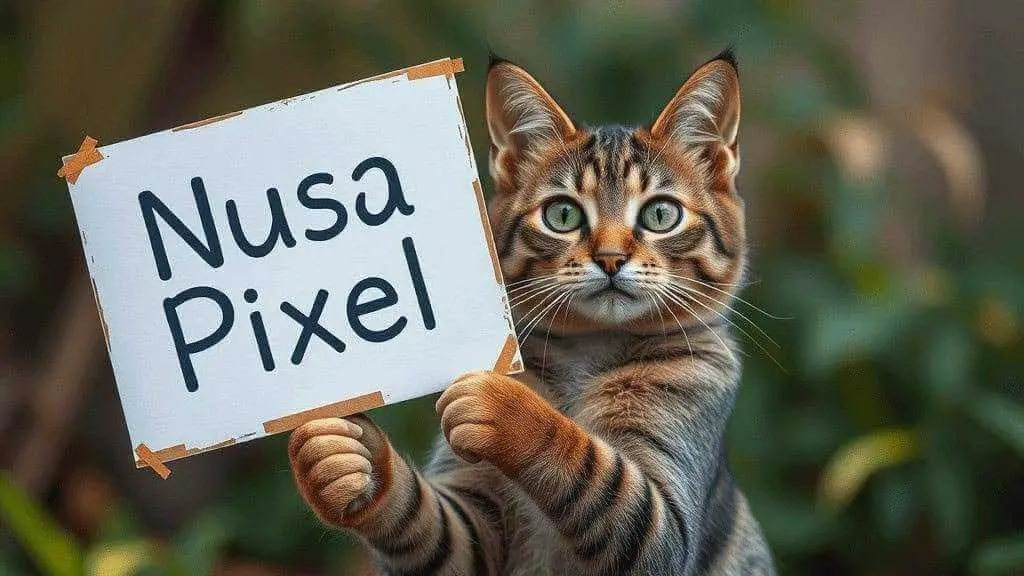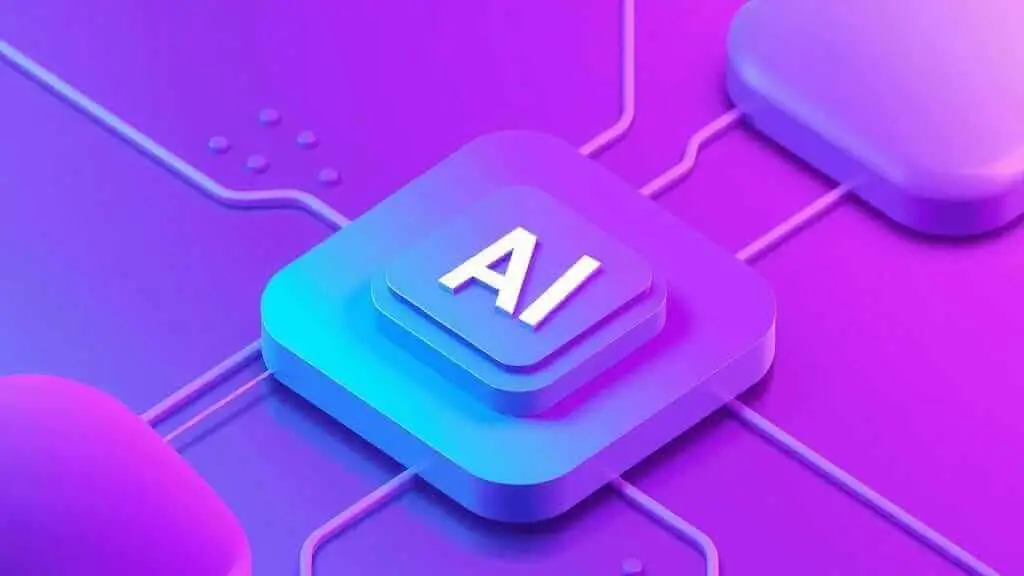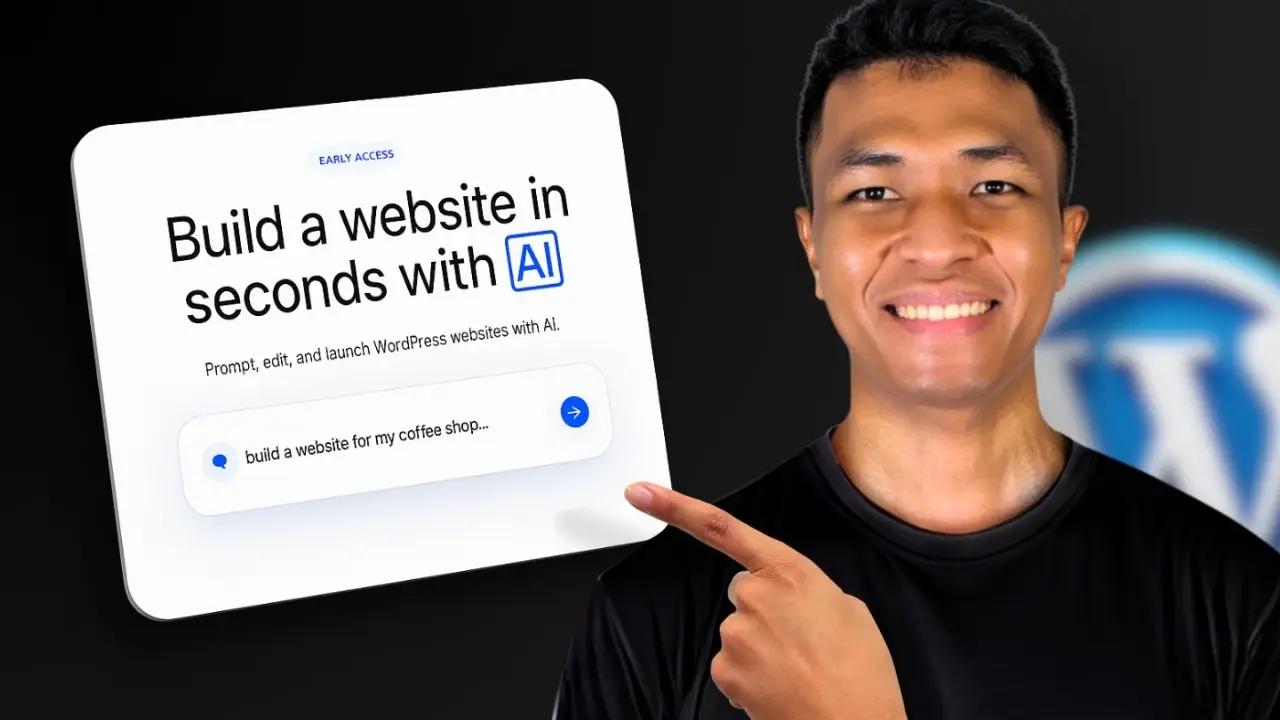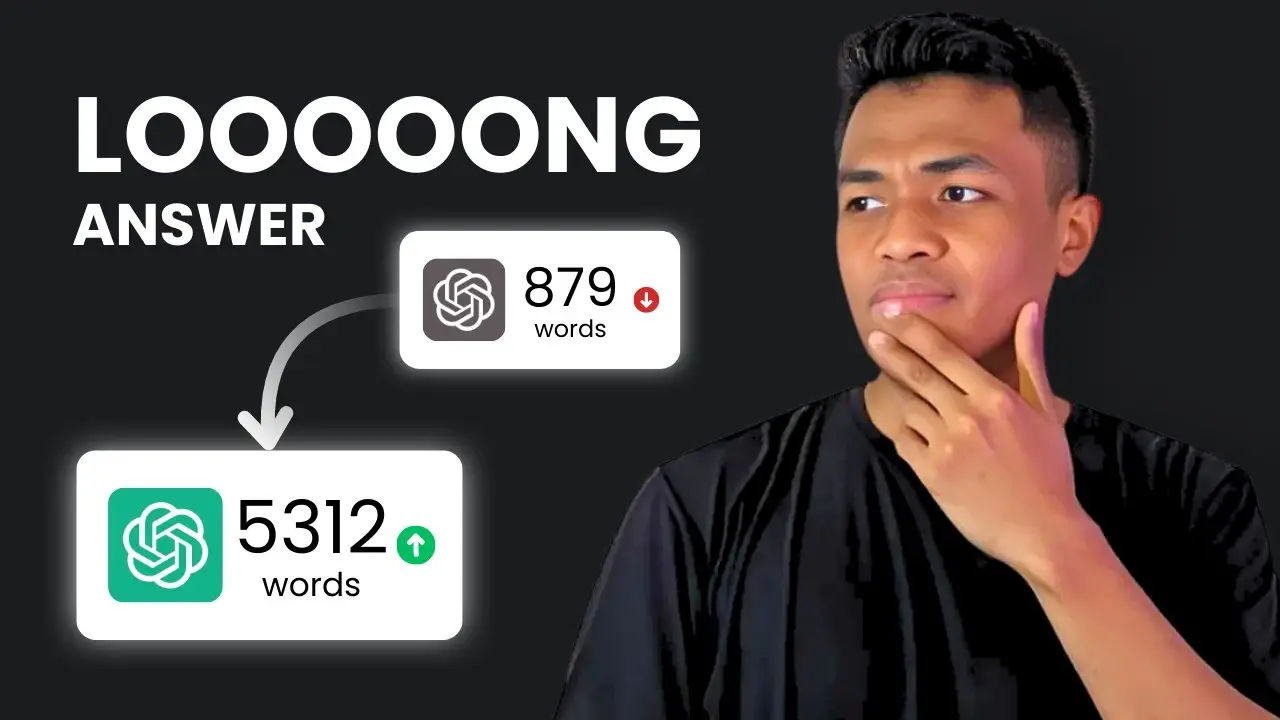Key takeaways:
- Generative AI can revolutionize content creation across various website elements
- Different AI models cater to specific content types, from text to images and code
- Implementing generative AI can significantly boost productivity and creativity in web content generation
Generative AI is reshaping how we create and manage content for websites. As a content creator, I’ve been amazed by the capabilities of these AI models. They’re not just tools; they’re like having a super-powered creative assistant at your fingertips.
Let’s dive into seven exciting use cases where generative AI can transform your website content creation process.
Crafting Compelling Blog Posts
Generative AI models like GPT-4o have become game-changers in the blogging world. They can help generate ideas, outlines, and even full drafts of blog posts.
I’ve found that using AI for blog writing isn’t about replacing human creativity. It’s about enhancing it. The AI can provide a solid foundation, which I then refine and infuse with my unique voice and expertise.
For example, I might prompt the AI with “Write an introduction for a blog post about sustainable gardening practices.” The generated content serves as a springboard for my own ideas.
Designing Eye-Catching Graphics
Visual content is crucial for engaging website visitors. Generative AI models like DALL-E and Midjourney are revolutionizing image creation.

These models can generate unique images based on text descriptions. It’s like having a personal artist who can instantly bring your ideas to life.
I’ve used these tools to create custom header images, infographics, and even product mockups. The ability to iterate quickly and explore different visual styles has been invaluable.
Generating Product Descriptions
For e-commerce websites, writing unique and compelling product descriptions for hundreds or thousands of items can be daunting. Generative AI can help streamline this process.
By feeding the AI basic product information, it can generate descriptive and engaging content. This saves time and ensures consistency across your product catalog.
However, I always make sure to review and edit the generated descriptions. Adding a personal touch and ensuring accuracy is crucial for maintaining trust with customers.
Crafting Engaging Social Media Posts
Maintaining an active social media presence is essential for driving traffic to your website. Generative AI can help create a variety of social media content.
From catchy tweets to longer LinkedIn posts, AI can generate ideas and draft content tailored to different platforms. This helps maintain a consistent posting schedule without sacrificing quality.
I often use AI to brainstorm hashtags or generate multiple versions of a post to A/B test engagement.
Writing Persuasive Ad Copy
Creating effective ad copy requires a blend of creativity and data-driven insights. Generative AI can help on both fronts.
AI models can generate multiple variations of ad copy based on your target keywords and audience demographics. This allows for rapid testing and optimization of your ad campaigns.
I’ve found that AI-generated ad copy often provides unexpected angles or phrasings that I wouldn’t have thought of on my own.
Developing FAQ Sections
A comprehensive FAQ section can significantly improve user experience and reduce customer support inquiries. Generative AI can help create and expand your FAQ content.
By analyzing your existing content and common customer queries, AI can generate relevant questions and detailed answers. This ensures your FAQ section addresses the most pressing concerns of your audience.
I always review AI-generated FAQs to ensure accuracy and add any nuances specific to our products or services.
Generating Website Code
For those building or maintaining websites, generative AI can even assist with coding tasks. Models like GitHub Copilot can generate HTML, CSS, and JavaScript code based on natural language descriptions.
This can be particularly helpful for prototyping new features or troubleshooting existing code. While it’s not a replacement for solid coding skills, it can significantly speed up development processes.
I’ve used AI coding assistants to quickly generate boilerplate code or explore different implementation approaches.
Leveraging Different AI Models
To make the most of generative AI for website content creation, it’s important to understand the strengths of different models:
| AI Model Type | Best For | Examples |
|---|---|---|
| Large Language Models | Text generation, content ideation | GPT-3, BERT |
| Image Generation Models | Creating visual content | DALL-E, Midjourney |
| Code Generation Models | Assisting with website development | GitHub Copilot, Tabnine |
Each type of model excels in specific areas, so choosing the right tool for each task is crucial.
Use AI, Now!
As generative AI continues to evolve, we can expect even more sophisticated and tailored content creation tools. The key will be learning how to effectively collaborate with AI to enhance our creativity and productivity.
I’m excited to see how these technologies will shape the future of web content creation. The possibilities seem endless, and I believe we’re just scratching the surface of what’s possible.
By embracing generative AI tools and understanding their capabilities and limitations, we can create richer, more engaging website content more efficiently than ever before.
FAQ
Can generative AI completely replace human content creators?
While generative AI is incredibly powerful, it’s not designed to replace human creativity entirely. Instead, it’s best used as a tool to enhance and streamline the content creation process. Human oversight, editing, and the infusion of personal expertise and brand voice are still crucial for creating high-quality, authentic content.
How can I ensure the uniqueness of AI-generated content?
To ensure uniqueness, always review and edit AI-generated content. Use the AI output as a starting point, then refine it with your own insights and style. Additionally, you can use plagiarism checkers to verify originality. Remember, the more specific and unique your prompts are, the more likely you are to get original content from the AI.
Are there any legal concerns with using AI-generated content on my website?
The legal landscape around AI-generated content is still evolving. Generally, content created by AI tools is considered original if it’s based on your prompts and inputs. However, it’s important to review the terms of service for any AI tool you use. Some may claim ownership of generated content. Always disclose your use of AI if required, and consider consulting with a legal professional for specific concerns.






